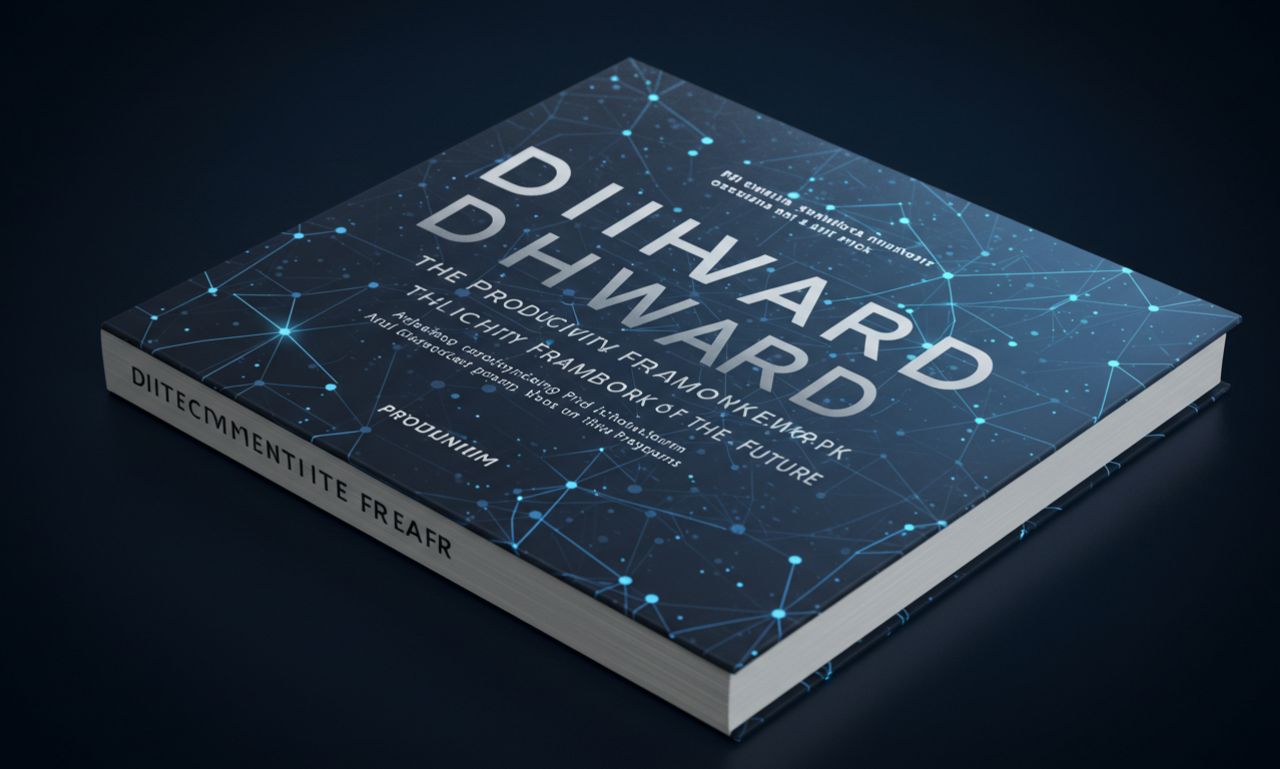In a world full of distractions, burnout, and never-ending to-do lists, a new concept is gaining momentum—Dihward. Positioned as both a framework and a lifestyle shift, Dihward isn’t just about doing more—it’s about doing better, with intention, clarity, and a deep connection to purpose.
But what exactly is Dihward, and why are people starting to adopt it across industries, from creative workspaces to corporate teams?
Let’s dive into the philosophy, features, and future of this growing movement.
What Is Dihward?
Dihward is a hybrid term, combining elements of “digital harmony” and “forward thinking.” It represents a mindful, tech-aligned approach to productivity, blending digital tools with psychological wellness strategies to optimize how people work, create, and collaborate.
Unlike traditional productivity systems that rely heavily on rigid routines or endless metrics, Dih-ward embraces flexibility, self-awareness, and adaptability in an age where mental clarity is just as important as efficiency.
The Core Principles of Dihward
At its heart, Dihward is built on five foundational principles:
1. Intentional Input
Only consume information (emails, media, meetings) that serves your goals or values. Curate your digital environment.
2. Flow-First Work
Schedule tasks during your natural energy peaks. Dih-ward encourages “deep flow windows” rather than fragmented multitasking.
3. Emotional Tracking
Daily reflection on your mood, energy, and mindset helps improve self-regulation and goal alignment.
4. Tool Symbiosis
Choose digital tools that align with your working style, not against it. Dihward supports integrated systems—not overloaded dashboards.
5. Purpose-Driven Output
Define not just what you’re doing, but why. Every task should serve a deeper goal, reducing busywork and decision fatigue.
The Dihward Platform (Fictional Concept)
Some adopters of the Dih-ward lifestyle use a fictional Dihward App—a digital productivity platform designed to reflect the Dihward philosophy. It acts as:
-
A focus timer and task scheduler that adjusts to your mood and energy levels
-
A journal and mood tracker
-
A tool integration hub (e.g., connects with Notion, Slack, Google Calendar)
-
A purpose planner, asking users to define outcomes beyond just deliverables
Its clean, distraction-free interface has been praised by early beta users for helping reduce burnout while increasing output clarity.
Who Is Using Dihward?
Though still a niche movement, Dih-ward is gaining traction in:
-
Remote teams: Workers use it to balance autonomy with accountability
-
Creative professionals: Artists and designers embrace its flow-based model
-
Startups and founders: Leaders apply it to stay grounded amid chaos
-
Students: Using the mindset for study planning and mental wellness
The growing Dihward community shares templates, weekly reflection challenges, and stories of how shifting to a mindful work model has transformed their lives.
Benefits of Adopting the Dihward Mindset
1. Less Burnout
Users report higher emotional resilience by tracking stress and adjusting workloads in real time.
2. Greater Clarity
By asking “Why am I doing this?” Dih-ward reduces unnecessary tasks and increases mission focus.
3. Improved Mental Health
The model encourages reflection and rest as part of productivity—not in opposition to it.
4. More Creative Output
By aligning tasks with natural energy rhythms, Dih-ward frees up mental space for creative breakthroughs.
Real-World Application: A Day in the Life with Dihward
Morning:
-
8:00 AM: Quick emotional check-in
-
8:15 AM: Dih-ward “Flow Planning” session
-
9:00 AM–11:30 AM: Deep work on creative project (no notifications)
Midday:
-
Noon: Walk and audio reflection
-
1:00 PM–3:00 PM: Admin tasks + light collaboration
Evening:
-
6:00 PM: Journal prompt: “What fulfilled me today?”
-
6:15 PM: Plan tomorrow’s focus block around energy patterns
Future of Dihward
The Dihward mindset continues to evolve. Developers, mental health advocates, and workplace wellness consultants are integrating its principles into their tools and programs. Rumors suggest a physical Dihward Journal and training course may launch shortly.
There’s even talk of a Dih-ward for Teams product—helping organizations align team energy, reduce overwork, and foster healthier collaboration rhythms.
Final Thoughts
In an age of speed, overload, and algorithmic attention, Dihward offers a much-needed pause—and a rethinking of what it means to be productive. It’s a movement for those who want to work with intention, live with clarity, and create without burning out.
Whether you’re a solo creator, a corporate manager, or just someone craving a little more balance, Dihward might be the productivity philosophy you didn’t know you needed.
